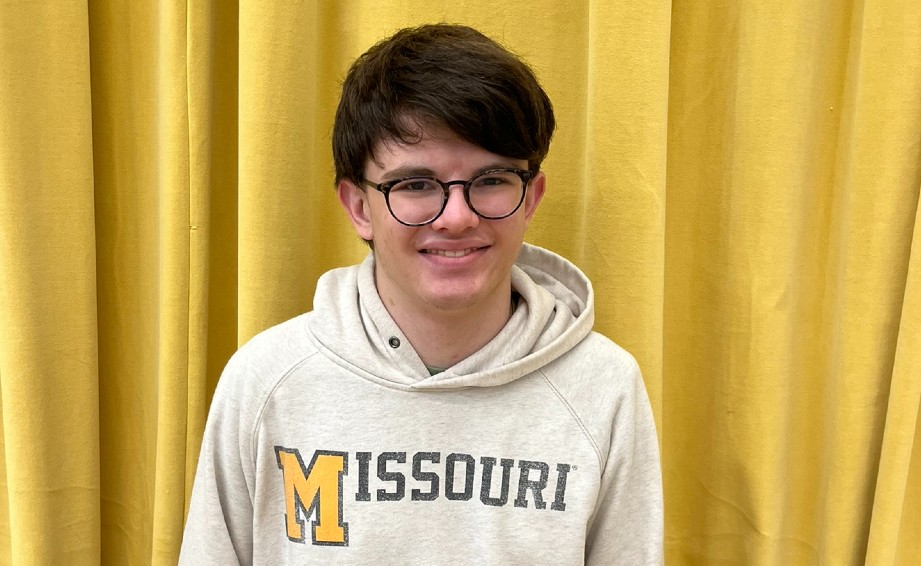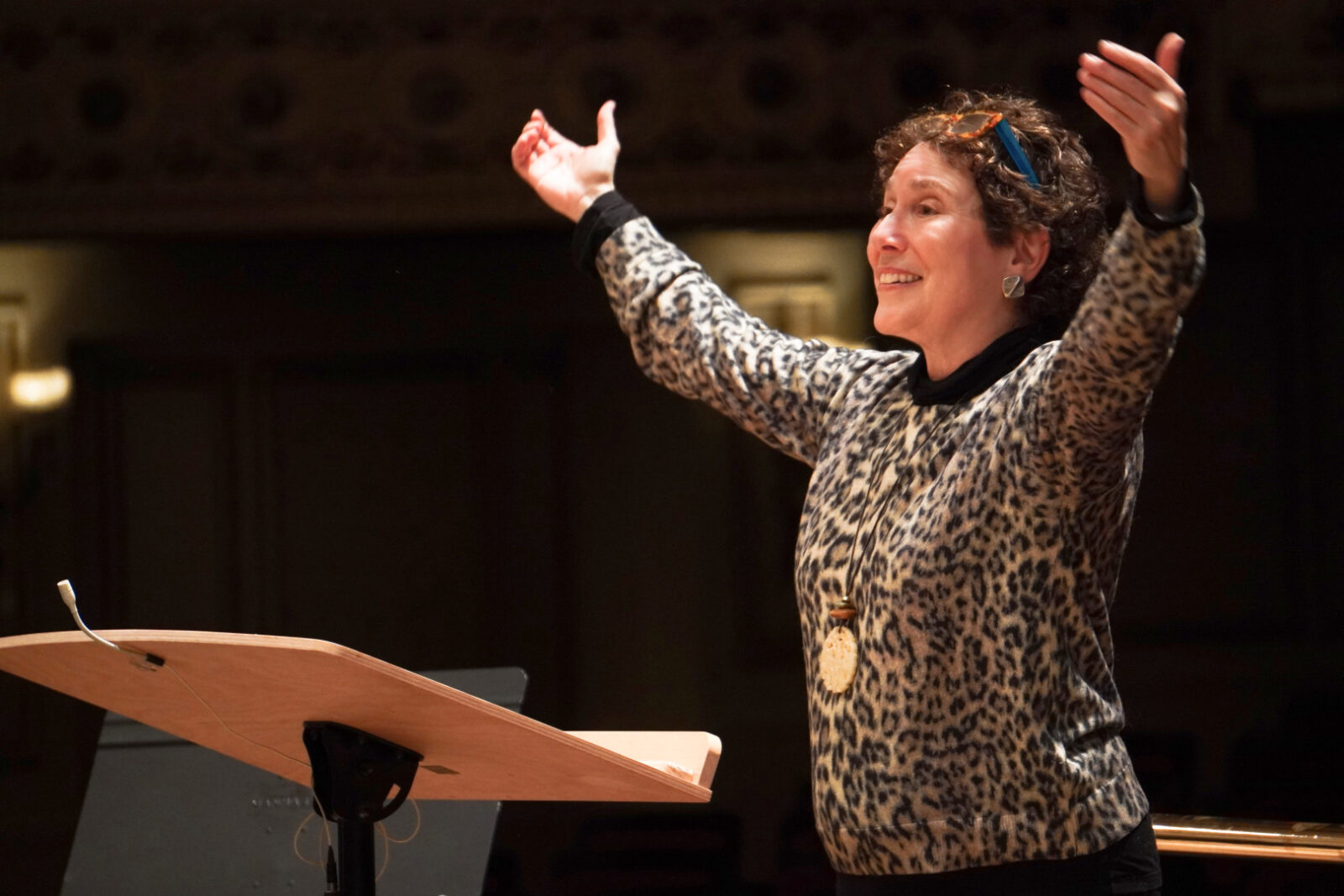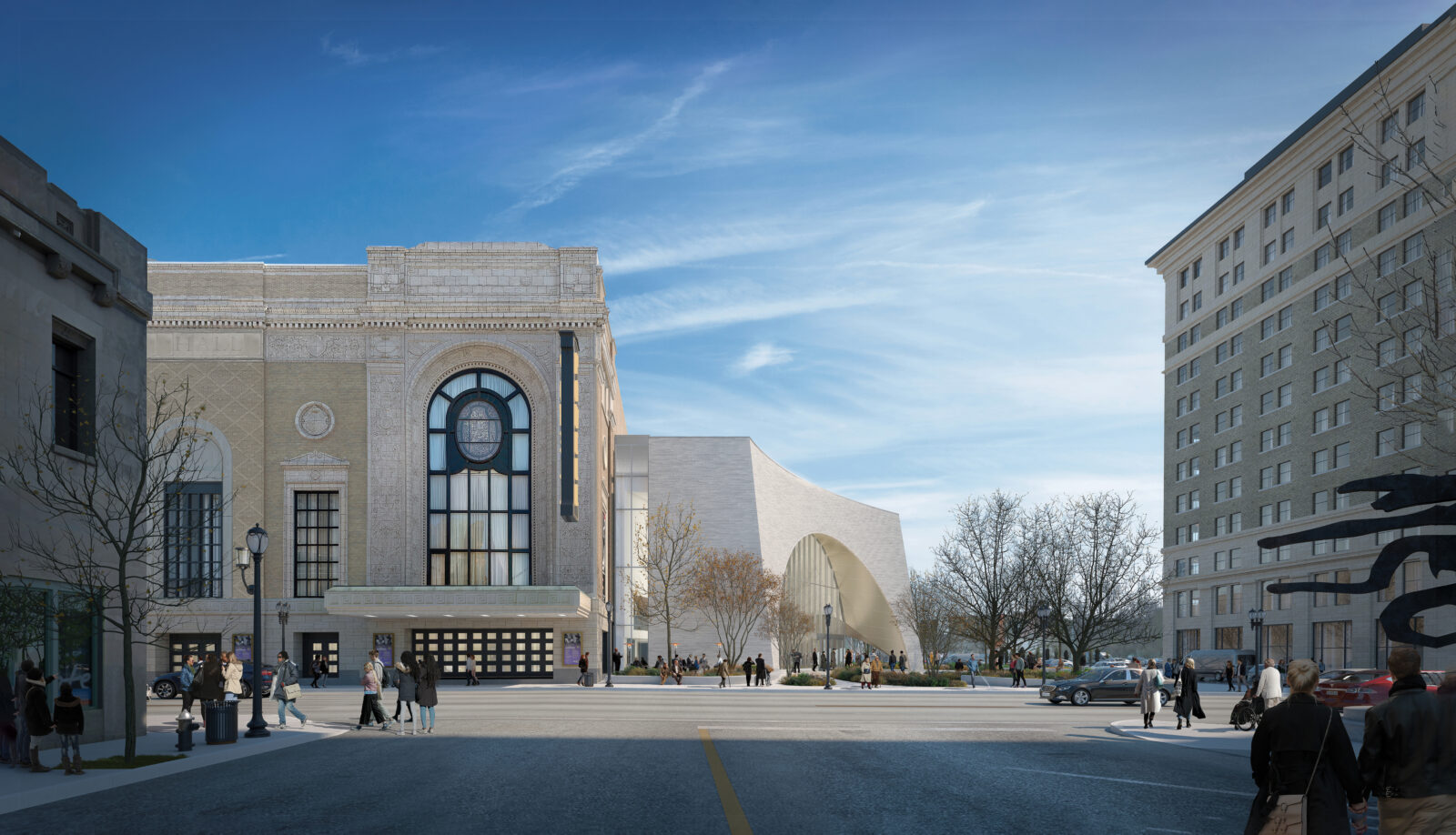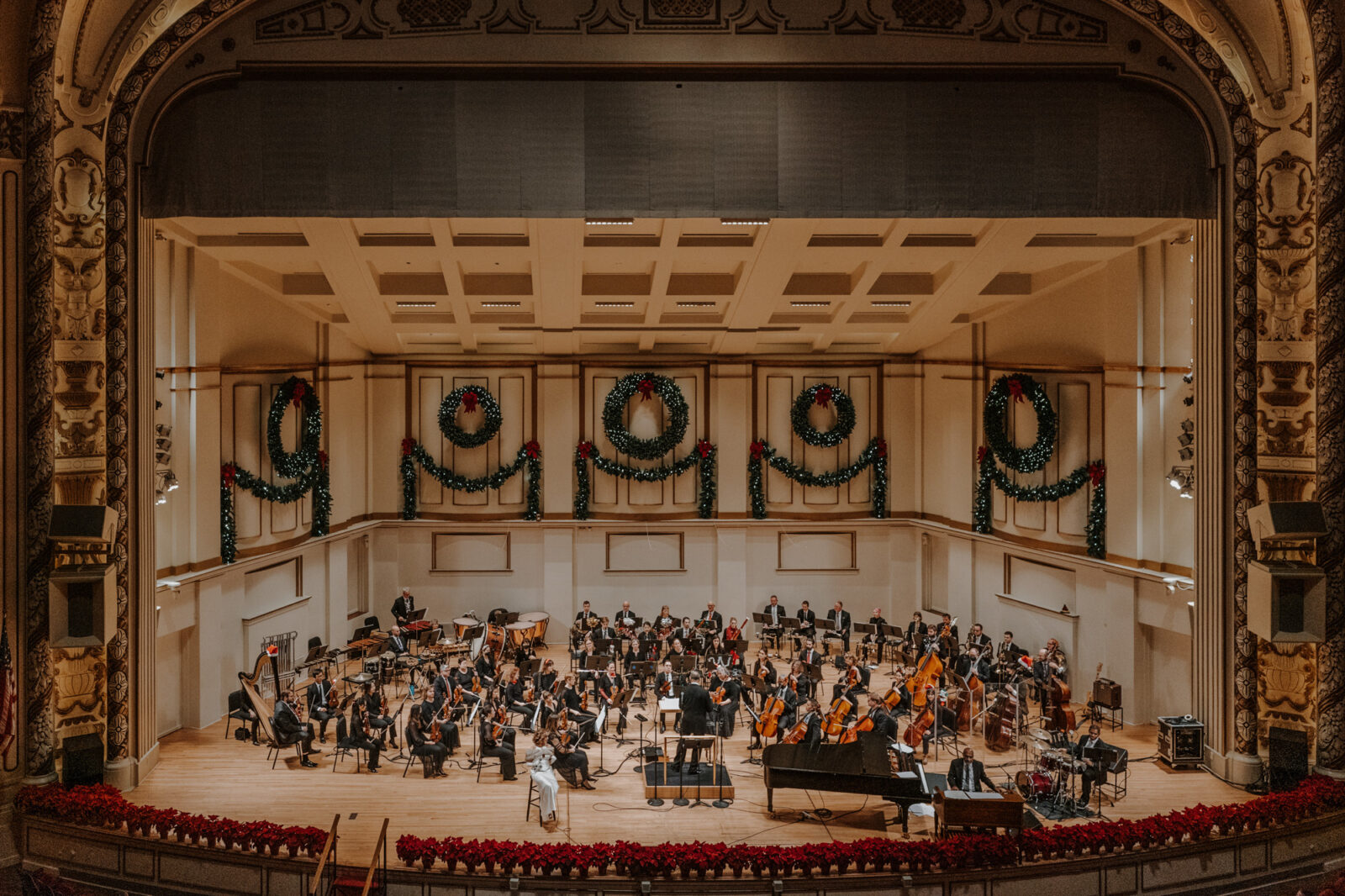Five Questions with Composer Ethan Sanders
By Eric Dundon
When St. Louis Symphony Orchestra musicians present chamber music as part of the SLSO’s Live at The Sheldon series, they’re given artistic control of the program and perform a wide range of repertoire not generally heard on classical programs. This also includes chamber music by rising composers at the University of Missouri, part of the orchestra’s long-running collaboration with the Mizzou New Music Initiative (MNMI)—a program of the university that supports emerging composers.

On most Live at The Sheldon programs this season, SLSO musicians will give the world premiere performances of MNMI composers’ works, starting with Ethan Sanders’ piece on December 5 featuring a brass quintet.
A St. Louis native, Sanders is a sophomore at the University of Missouri and is a violinist.
This interview was edited for length and clarity.
SLSO: What is your musical history? How has it influenced your voice so far as a composer?
Ethan Sanders: Initially, I didn’t have much of an interest in music when I was younger. My first real love for music was borne out of picking up the violin in sixth grade. From there, I naïvely looked for the most difficult violin piece ever written and found Maurice Ravel’s Tzigane. I remember listening to it constantly, enthralled with the writing for the instrument. From there, I began diving into classical music, often coming across lesser-known composers from the past; these are the musicians that influenced me more than anything else, since they were more unusual and idiosyncratic, and I treasured them.
Tell us about your composition process.
My process usually begins with a general idea for the atmosphere of the work. From there, I’ll sketch out disparate ideas and sort them into a sensible form. In my opinion, the most arduous part of writing is reconciling those disparate fragments to form a cohesive whole, which means I try to reference certain passages multiple times throughout the span of the piece. I don’t usually think out an entire piece beforehand, thus the final form of the work usually reveals itself to me during the act of creation.
Tell us about your piece, which will receive its world premiere at the December 5 Live at The Sheldon chamber music concert.
Last year, I wrote a piece for a different quintet, in which I tried to better utilize extended techniques and avant-garde sounds into my music; this is something I’ve been trying to do for a while now, and I’ve decided to try again with this quintet. The work can be summed up as being in three parts: chorale, fanfares, chorale. The chorales have more emphasis on unadorned harmonic writing for the most part. The central fanfares section features faster writing, joyful and exuberant, with unyielding vigor. One of the other elements I use is dense chromatic clusters, for a more abstract nonharmonic texture, which is counterbalanced by contrasting dense miasmas of sound with open airy harmonies, with which the work triumphantly concludes.
What should audiences listen for in your piece? What do you hope they take away from listening?
I understand that my music isn’t always accessible by the average concertgoer, so I will offer this: the goal of the work is not melody or rhythm, nor is it a hyper-abstract soundscape, but something in between the two. I personally love rich sonorities, but I also love to contrast it with very chromatic material—listen for that contrast! The music isn’t always straightforward, but there are signposts that it returns to, so keep an eye/ear out for that. Most importantly is to accept the oddities of the music, because there’s a charm to music that moves unexpectedly.
This performance is a result of the collaboration between the SLSO and the Mizzou New Music Initiative, connecting the orchestra to rising composers’ voices. What does the experience of having professional musicians perform your music mean to you? What do you anticipate learning or taking away from the experience?
This concert is my first real commission, so it feels like I’m taking a step towards something bigger than myself. More than anything else, I know that working with members of a professional orchestra is an important commitment, so I’d like to become a better communicator and colleague for everyone’s future benefit and learn a few things along the way. I anticipate my strongest feeling being a desire to work with musicians from the SLSO again, something I hope happens soon.
Eric Dundon is the SLSO’s Public Relations Director.


